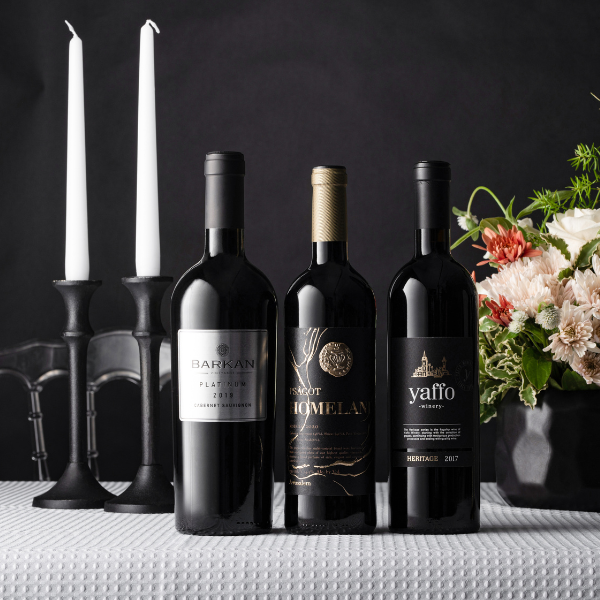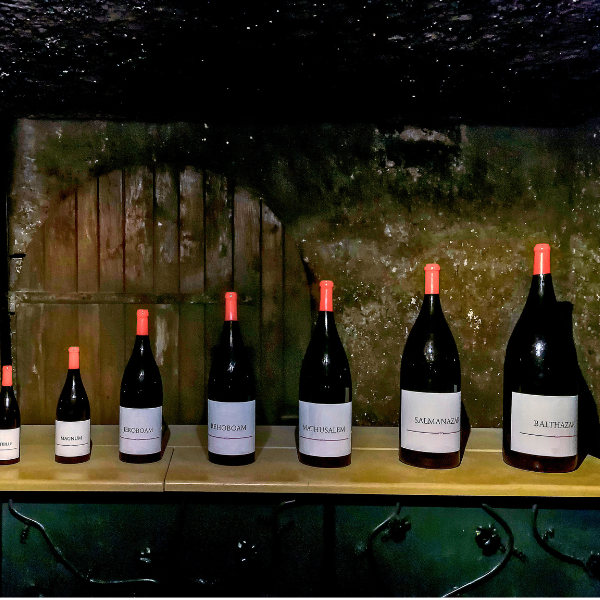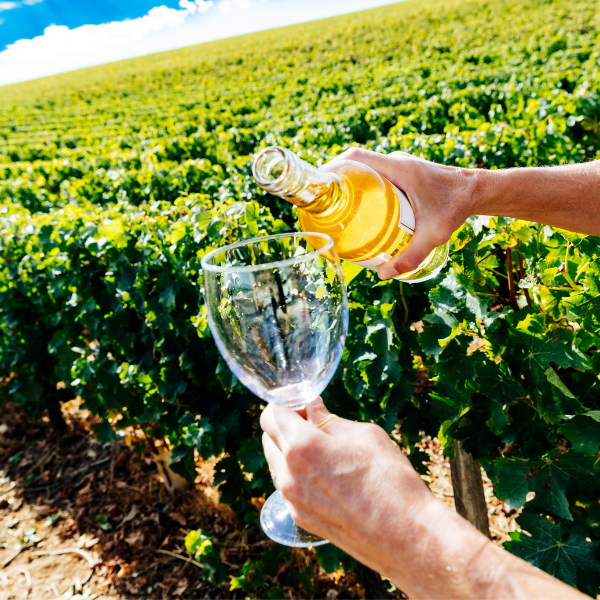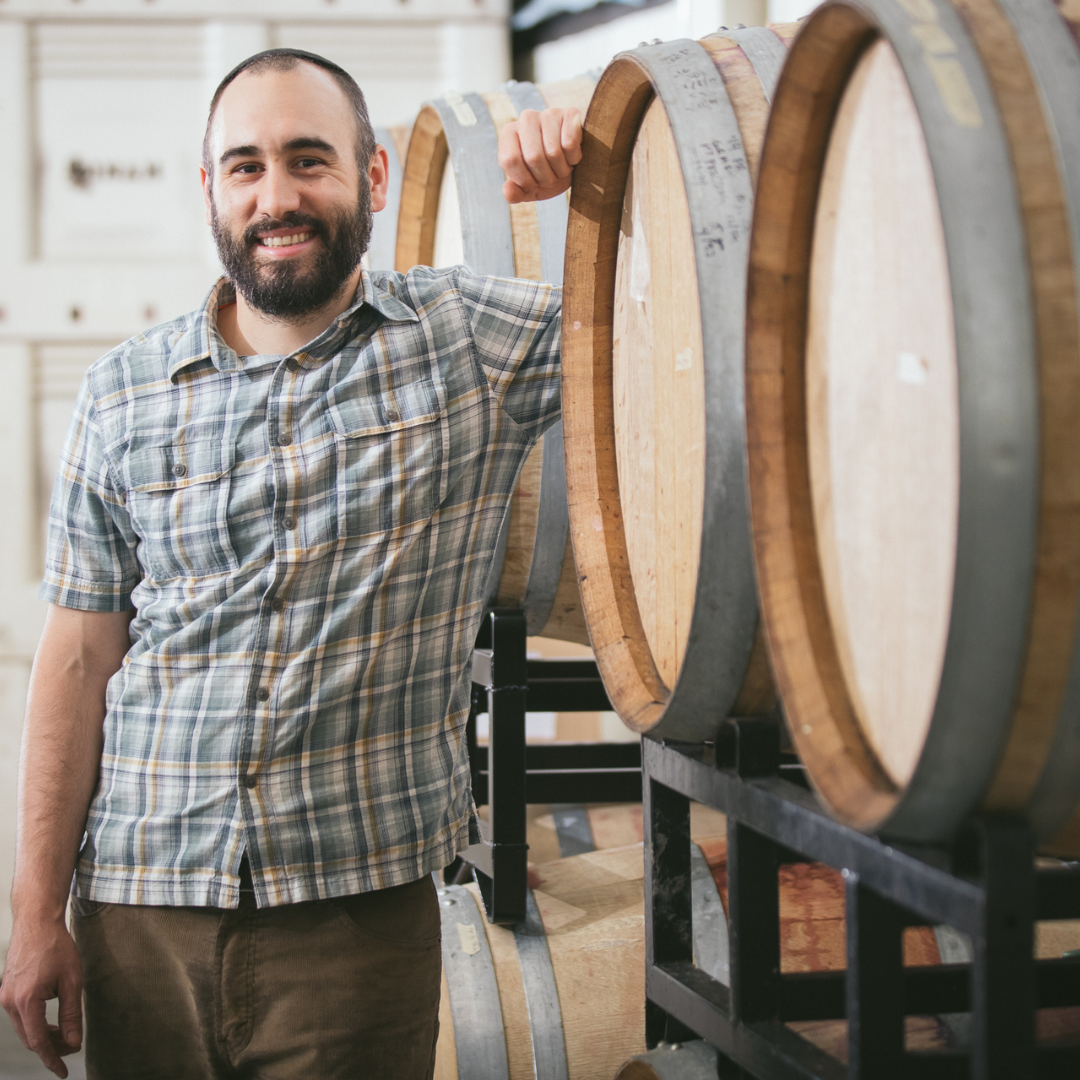Carmel Winery: An Eye Toward The Future
- Aug 15, 2021
By Dr. Kenneth Friedman
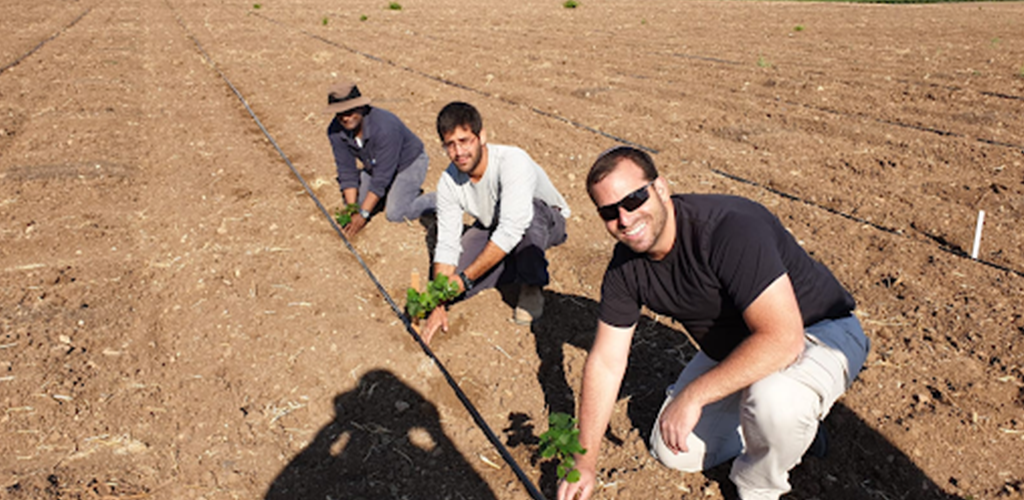

Visionary Winemaking
Keeping an eye toward the future, while building on a storied past, Carmel Winery has undertaken a visionary and ambitious campaign, spending the previous three years planting thousands of dunams (about four dunam equals an acre) of new vineyards across various and different regions of Israel.
As Carmel embarks on its 139th vintage, Dror Dotan stands at the forefront of carrying out this inspired plan. Dotan is the talented Agricultural Manager of Carmel Winery since 2018 after beginning in 2008 as an agronomist at Yatir Winery, the Negev winery founded as a joint venture between local vine-growers and Carmel.
Great wine begins with great grapes, and great grapes originate in their terroir, with proper soil, water, and the nourishing sun. Somewhere in between, Dotan works to produce optimal results of carefully tended vineyards through research, vineyard development, and old-fashioned sweat equity.
As both a leading Israeli domestic winery and exporter to the United States, Carmel Winery has grown greatly and as demand rises Carmel has focused on increasing its supply of grapes. “Regularly and what happens naturally, there is a turnover with vineyards,” says Dotan, explaining Carmel’s need for its vineyard expansion, “and as the vineyards mature, their yield decreases.” Each bottle of wine utilizes at least 2.2 lbs. of grapes, “and in order to enable the winery to continue growing, extensive planting is required.” Dotan continues, “We set a target of thousands of acres of planting from 2019-2021 and will continue to expand the planting in 2023-2024. As 2022 is a shmitta year (the Biblical mandated 7th agricultural cycle year in which the land must lie fallow), no planting will take place.” These recent new plantings will impact Carmel’s supply beginning in 2023.
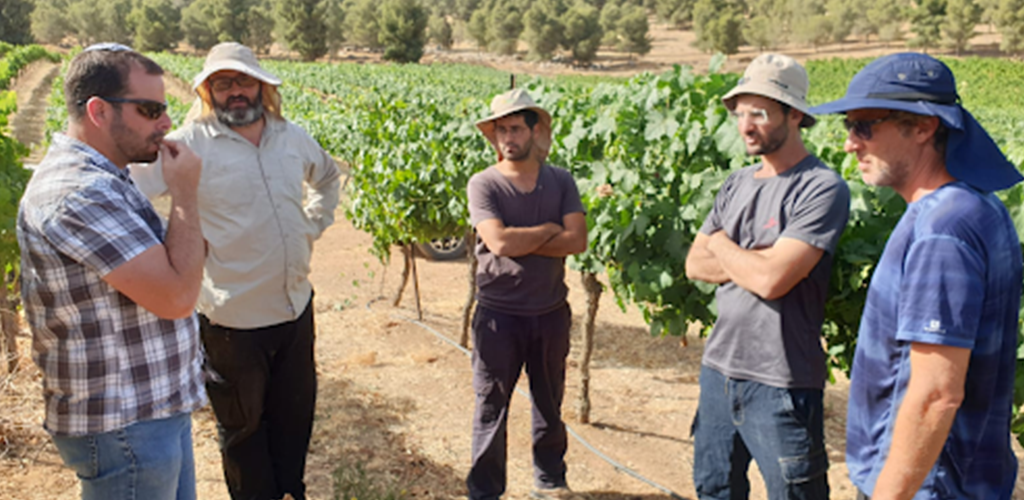

Planting the Future of Carmel
Over the three-year planting period, Carmel has planted over 742 acres across Israel, and Dotan says, “We planted the principal varieties of the winery: Cabernet, Merlot, Muscat, Shiraz, Tempranillo, French Colombard, and more,” but excitedly and mysteriously adds, “and some new surprises ... there is something to look forward to.”
Israel -- a small country in landmass -- is blessed with a wide array of complex and varied wine microclimates. Carmel has utilized this geographic diversity in its new plantings. “We planted in the classic regions of the Jerusalem Mountains and the Golan Heights but also planted many vineyards in other areas, such as the Tavor region, west of Hefer Valley, Jezreel Valley, and the region of Lachish,” says Dotan. “Some of the plantings were in our veteran vineyards, with the growers having increased their growing area, but a significant portion was with large farmers, planting vines being new to them. On the one hand, [these new large farms] required investment and learning, but on the other hand, they easily connected to all the innovation we have in this field.”
Choosing locations carefully took great care and planning, factoring in many considerations, but ultimately, “with each planting, we chose the series that suits the relevant location,” says Dotan. “Terroir is the integration of all the factors which affect growth, weather, soil, and more, but much also depends on the vineyard grower.” Again stressing not just the importance of the farm, but of the vintner, Dotan says, “As a result, we chose the vintners we thought were best suited to each series and each variety.”
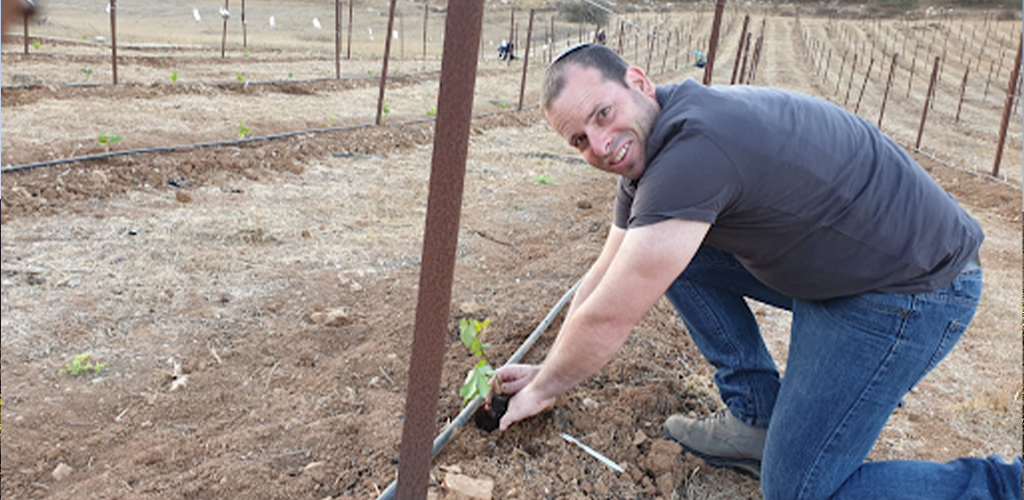

Dotan’s deep connection with the soil, the vintner, and the process is easily evident. “This is a long process that begins with connecting to the vintner, and continues with the planning and establishing, with quite a few ups and downs. But the moment of planting is very exciting. In a few days, an empty space turns completely green. I tried to be present in the planting of every new plot, and plant at least one or two vines myself. It excites me every time.”
In Dror Dotan, Carmel has acquired a spirited virtuoso with a lifelong passion for the field of agronomy and vineyard management. “My path in agriculture in the sphere of field crops began as a child,” says Dotan. “During my studies in the Faculty of Agriculture, I was offered to do research in the subject of wine vine irrigation, and from there I entered the field.” Dotan, with a head-trained in the sciences, but with a heart equally connected to the vineyard and with the vintners, says, “As Manager of the winery's Agricultural Department, this means that on one hand, I am part of producing a quality product that combines both prestige and cultural value, and on the other hand, I’m reaching out to a vintner who works hard and allows him to earn a respectable living from his manual labor.”


“Management is an office position, and I am required quite a bit to be in the office.” But Dotan’s idealism permeates his work. “My job also allows me to handle the soil, and to encounter some very special people who are an exceptional part of Israeli society. I have a wonderful team that I'm glad are my partners in these significant projects which have such long-term implications.”
Carmel Winery produces a staggering range of wines, from sacramental wines and daily table wines to world-class premium wines of the highest standard. “We've adapted these varieties to the regions and vineyard growers that will be able to cultivate them to the highest level,” says Dotan. Dotan’s vision and leadership of Carmel’s agricultural team reflects the winery's strategic plan for wine production in the years to come.
 Get help from an expert like Brad
Get help from an expert like Brad


